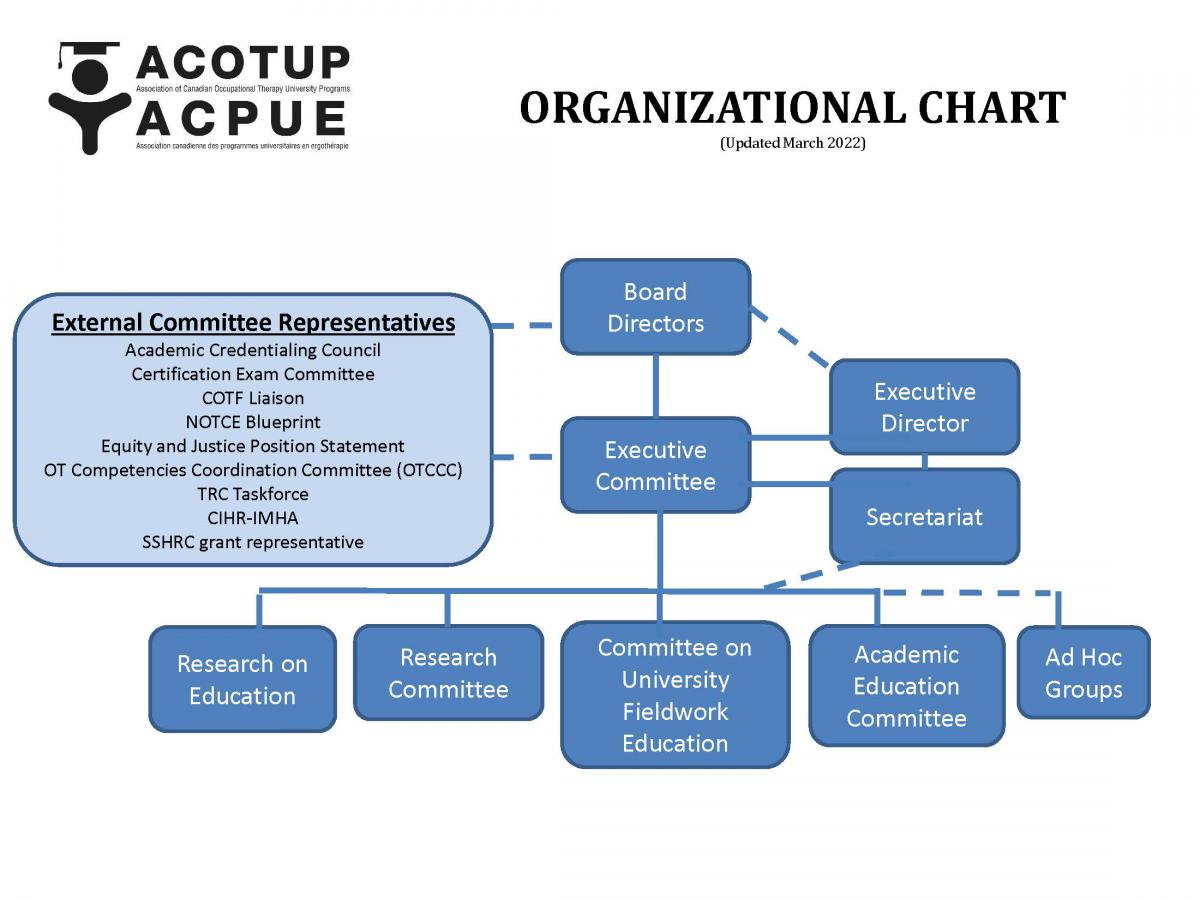The Research on Education Committee Blog
Posted on Sunday, July 28, 2019 - 10:55am byThe Research on Education Committee Blog
The Research on Education Committee (ROE) has been involved in a number of exciting initiatives in recent months. The mandate of the ROE is to suggest priorities in education-related research in Canada, identify gaps in educational research relevant to OT nationally, and provide an advisory role in OT educational research. The committee is also active in advancing the profile and building supportive networks for education-related research in Canada and internationally. A few recent initiatives are listed below:
1. Launch of COTF Educational Research Fund: An important part of supporting educational research in Canada is developing avenues for funding. The ACOTUP ROE has been working in partnership with COTF to develop a new educational research fund that will support a future Educational Research Grant. Donations to help build the resources for the new Educational Research Fund can be made through the COTF website. The educational research fund will support scholarship directly applicable to the education of occupational therapy students and/or the continuing education of practitioners and support a range of methodological and educational research areas. These could include investigations into a diversity of topics such as: approaches to teaching and learning, continuing professional education, educational technology, fieldwork research, preceptorship, mentorship, communities of practice, academic accommodations, occupation-based education, international education initiatives, simulation-based education, and competency-based education.
2. Research on Education Community of Practice (CoP): The ROE has continued to co-ordinate a national Community of Practice for Occupational Therapy Educational Researchers and Scholars! The Research on Education Community of Practice (CoP) is a group of occupational therapy educators committed to building and sharing evidence on educational strategies and innovations. The CoP meets virtually 3 – 4 times/year and in person during the CAOT conference. University educators, preceptors and students who have an interest in research on education are welcome to join this live meeting of the CoP, where we will share information on recent projects and emerging opportunities.
3. WFOT Position Statement on Educational Research: The ROE has continued to partner in the development of, and offer input into, a draft of an international position statement on educational research in occupational therapy research. A group of eight educational scholars from across Canada were consulted for input and are being represented at the international table. The aim is to work collaboratively with representatives from several countries to produce a position statement that reflects global interests and differences in language, definitions, opportunities and challenges related to educational research and scholarship. The aim is to present a draft position statement at the WFOT Council meeting in Hong Kong in March 2020.
4. Accommodations in Fieldwork/Clinical Education Project: A national project into accommodations in Occupational Therapy Fieldwork/Clinical Education is currently underway. ROE and CUFE members from across the country are actively involved and meeting monthly. This project is of relevance to Universities and OT Programs across the country, as the need for student accommodations in fieldwork is on the rise. The project is in the process of developing surveys for clinical fieldwork educators, fieldwork coordinators and students. After the survey, the aim is to complete focus groups to understand barriers/supports and successful stories of accommodations in fieldwork. To date the research is focused only on OT; however, if funding and human resources allow the project may expand to interprofessional contexts.

